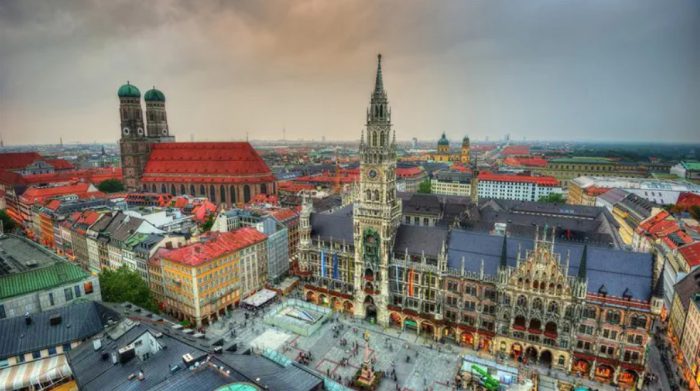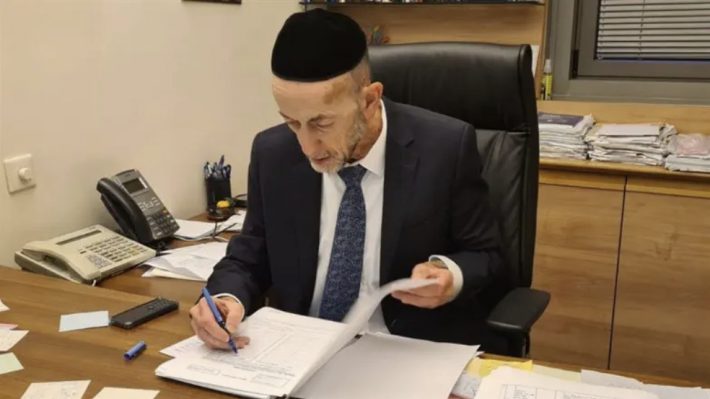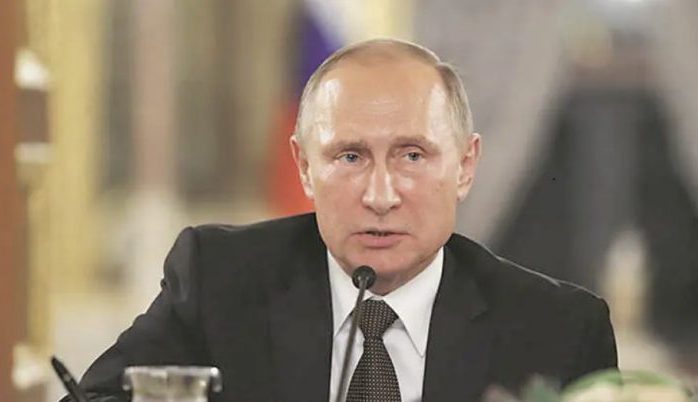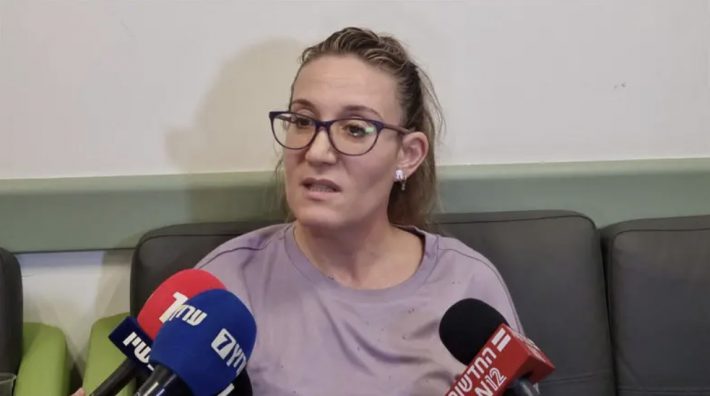Destroyed on Kristallnacht, the Reichenbachstrasse Synagogue reopens after a €14 million restoration—Chancellor Merz vows “Never Again” in an emotional pledge to fight antisemitism.
Munich has witnessed a historic moment of healing and remembrance as the Reichenbachstrasse Synagogue reopened this week, nearly 87 years after it was destroyed by the Nazis on Kristallnacht.
The €14 million restoration project, spearheaded by journalist Rachel Salamander and lawyer Ron Yakubovich, returned the building to its original 1931 design. Once a vibrant house of prayer, the synagogue was devastated in November 1938 during the Nazi pogroms. Though partially repaired in 1947 and used briefly, it stood abandoned after the opening of Munich’s Great Synagogue, Ohel Yaakov, in 2006.
The initiative was carried forward by the Reichenbachstrasse Synagogue Association, dedicated to reviving the prewar Jewish heritage of Munich. Charlotte Knobloch, president of the Jewish Community in Munich and Bavaria, said the restored site will now serve as “an open house for the community” and a living reminder of both Jewish history and Jewish life in the present.
The reopening ceremony drew top leaders, including German Chancellor Friedrich Merz, who delivered a deeply emotional speech. With tears in his eyes, Merz confessed:
“I want to tell you how ashamed I am, as chancellor of the Federal Republic of Germany, but also as a German, as a child of the postwar generation, raised with ‘Never Again’ as a mandate.”
Merz issued a powerful warning against the resurgence of antisemitism in Germany, blaming decades of neglect by political leaders. He pointed to the radicalization of migrants from countries where antisemitism was “effectively a state doctrine,” declaring:
“I declare war on every form of old and new antisemitism in Germany on behalf of every federal government.”
He voiced hope that Jewish life in Germany would one day flourish freely—without the need for constant police protection.
Salamander described the restoration as an act of healing: “It is time to leave behind the oppressive atmosphere and the trauma of the postwar period, to make those who were cast out of history feel at home again. That means healing a piece of history.”
Also present were Bavarian Minister-President Markus Söder and Munich Mayor Dieter Reiter, who reaffirmed the state and city’s commitment to safeguarding Jewish life and confronting antisemitism head-on.
The rebirth of the Reichenbachstrasse Synagogue stands as both a triumph over destruction and a rallying cry against hatred—restoring not just a building, but a piece of Germany’s conscience.





